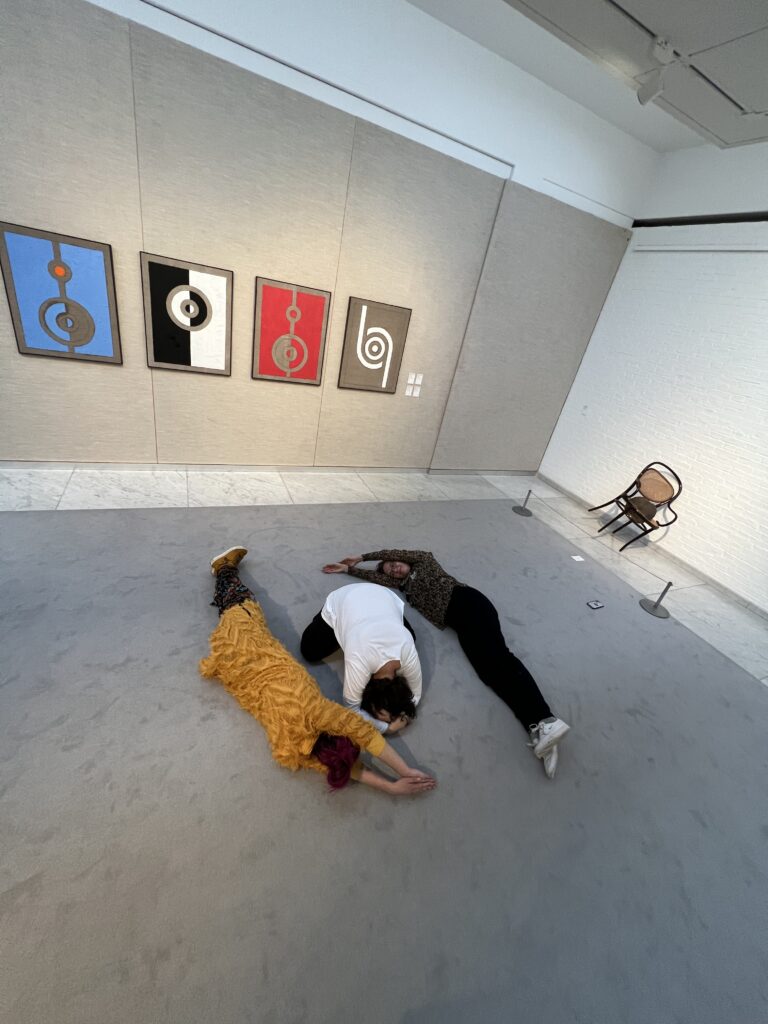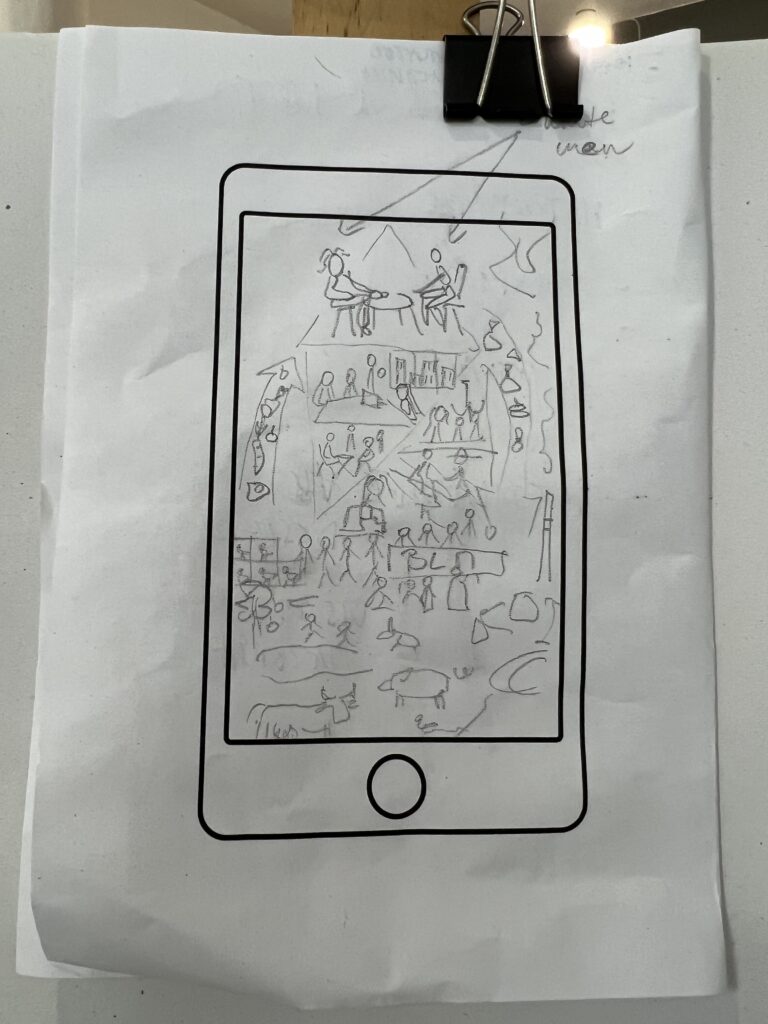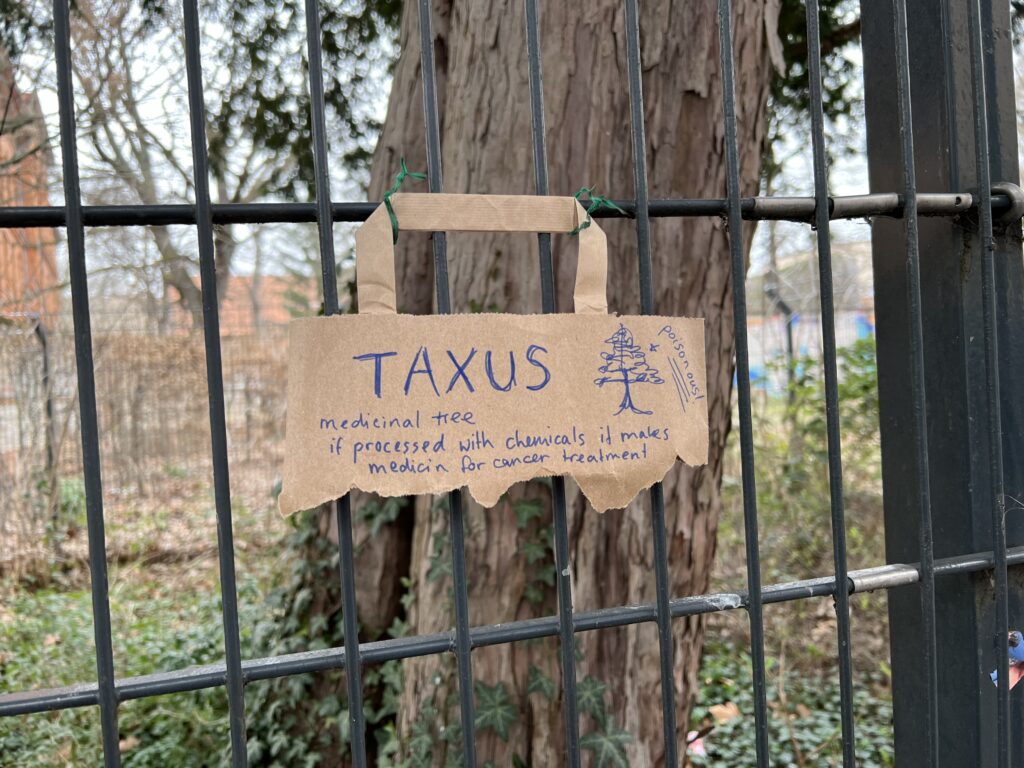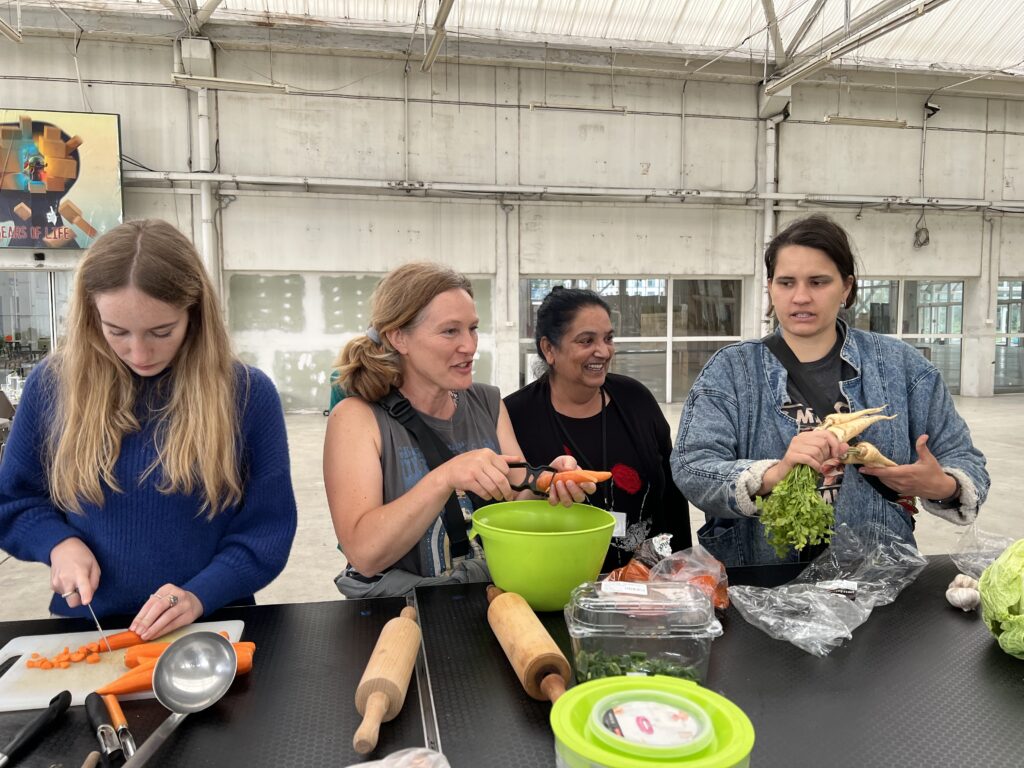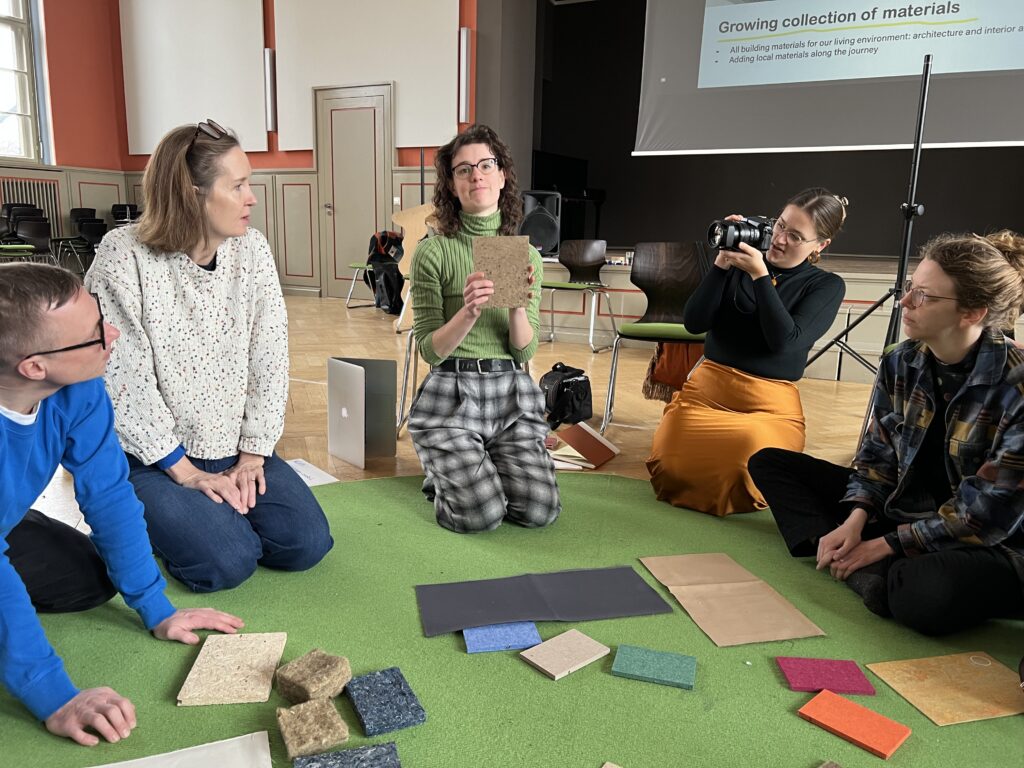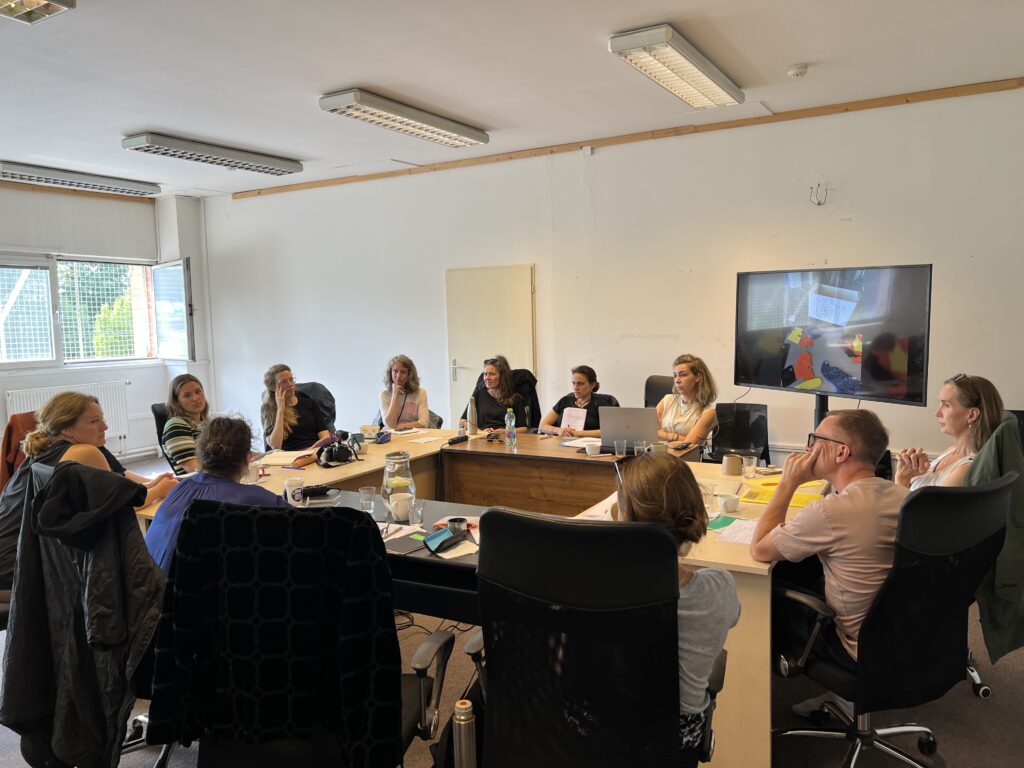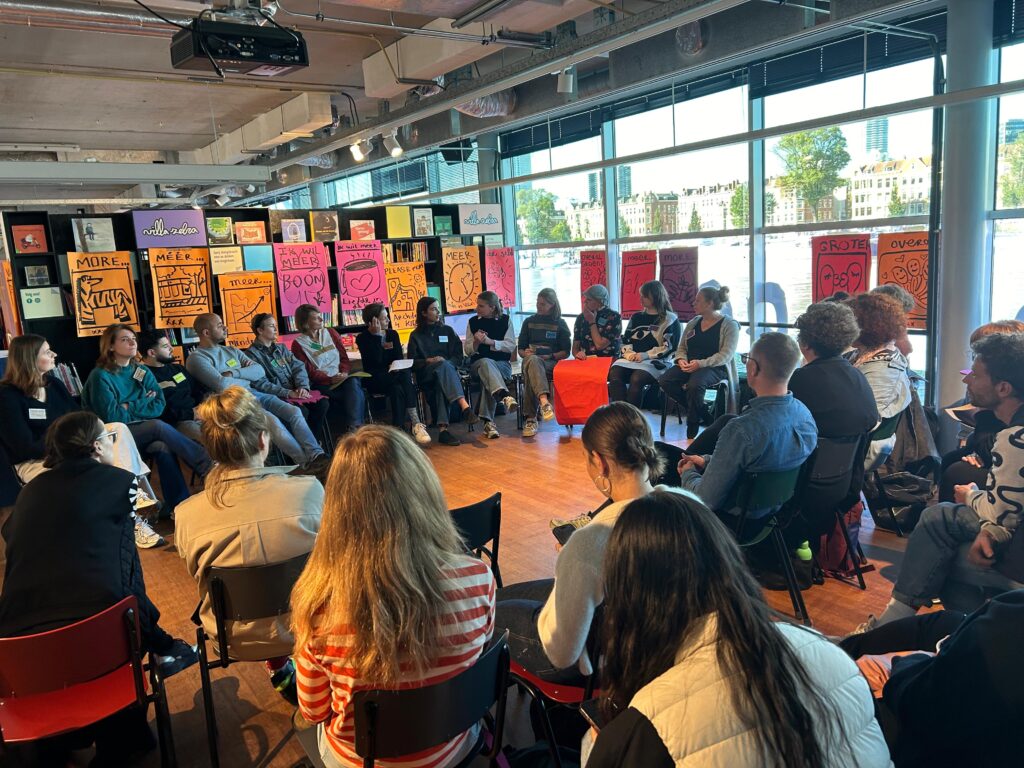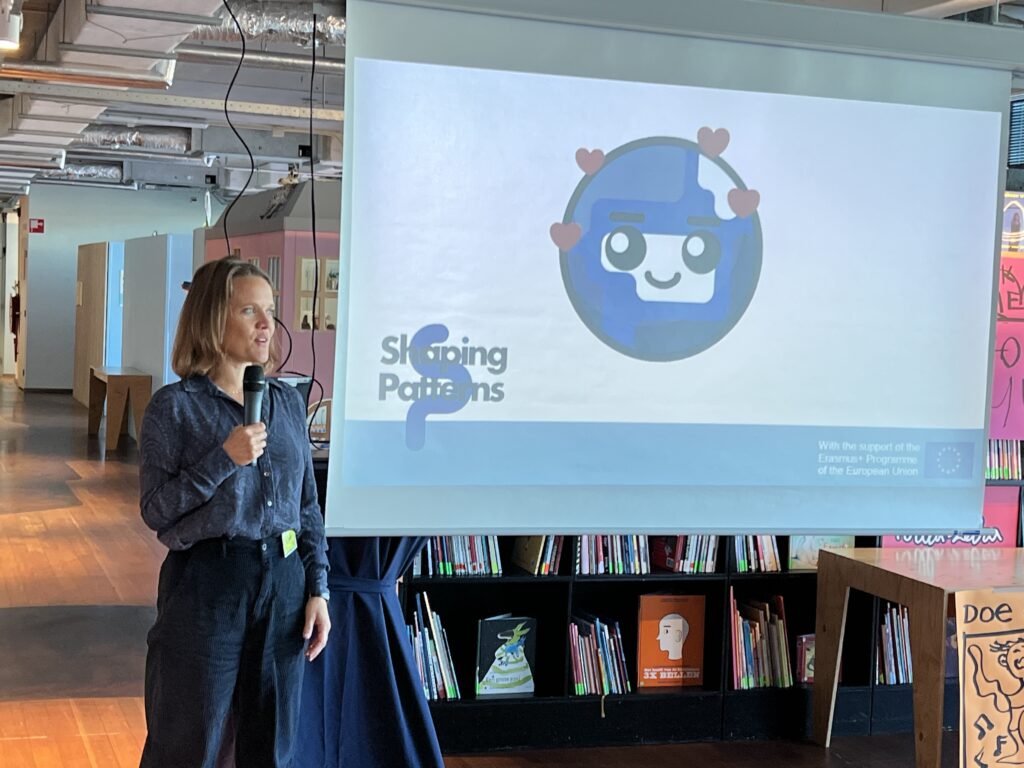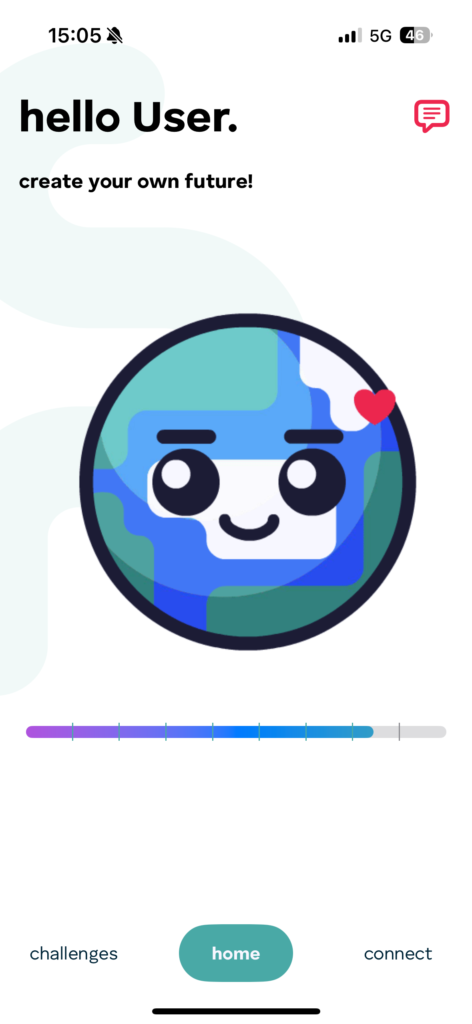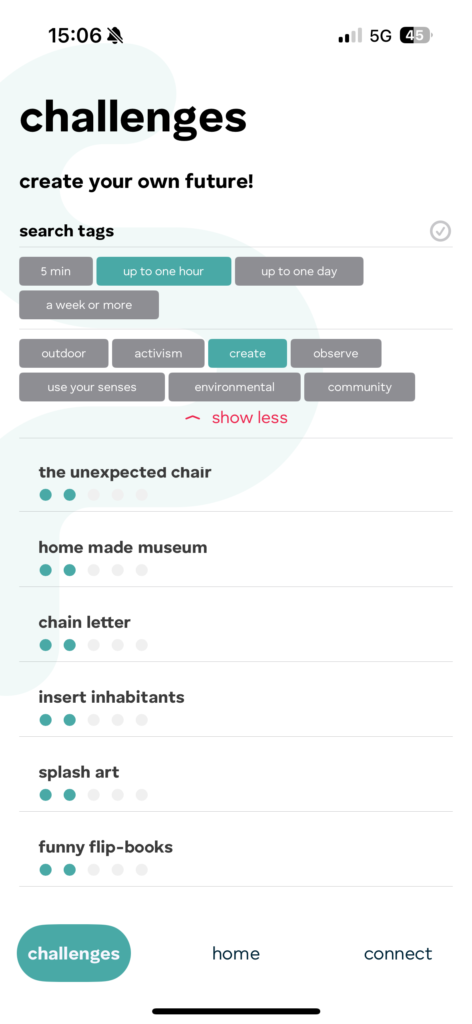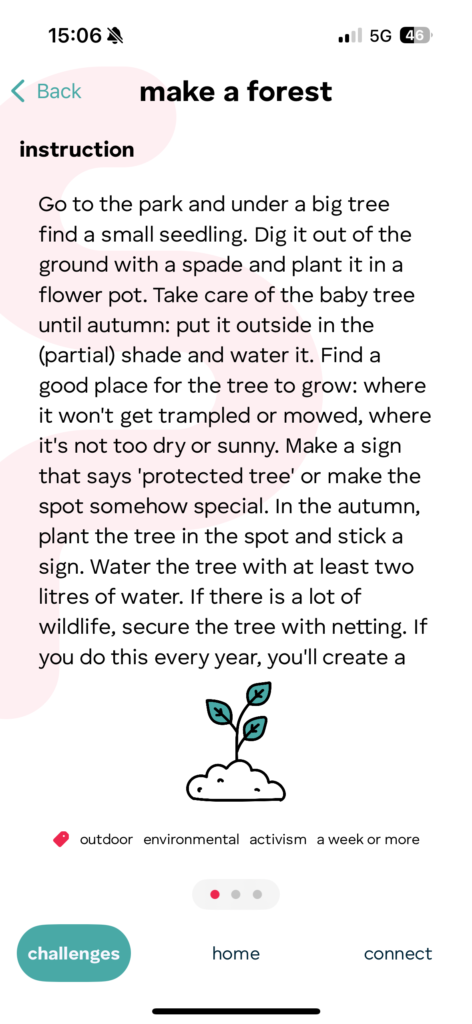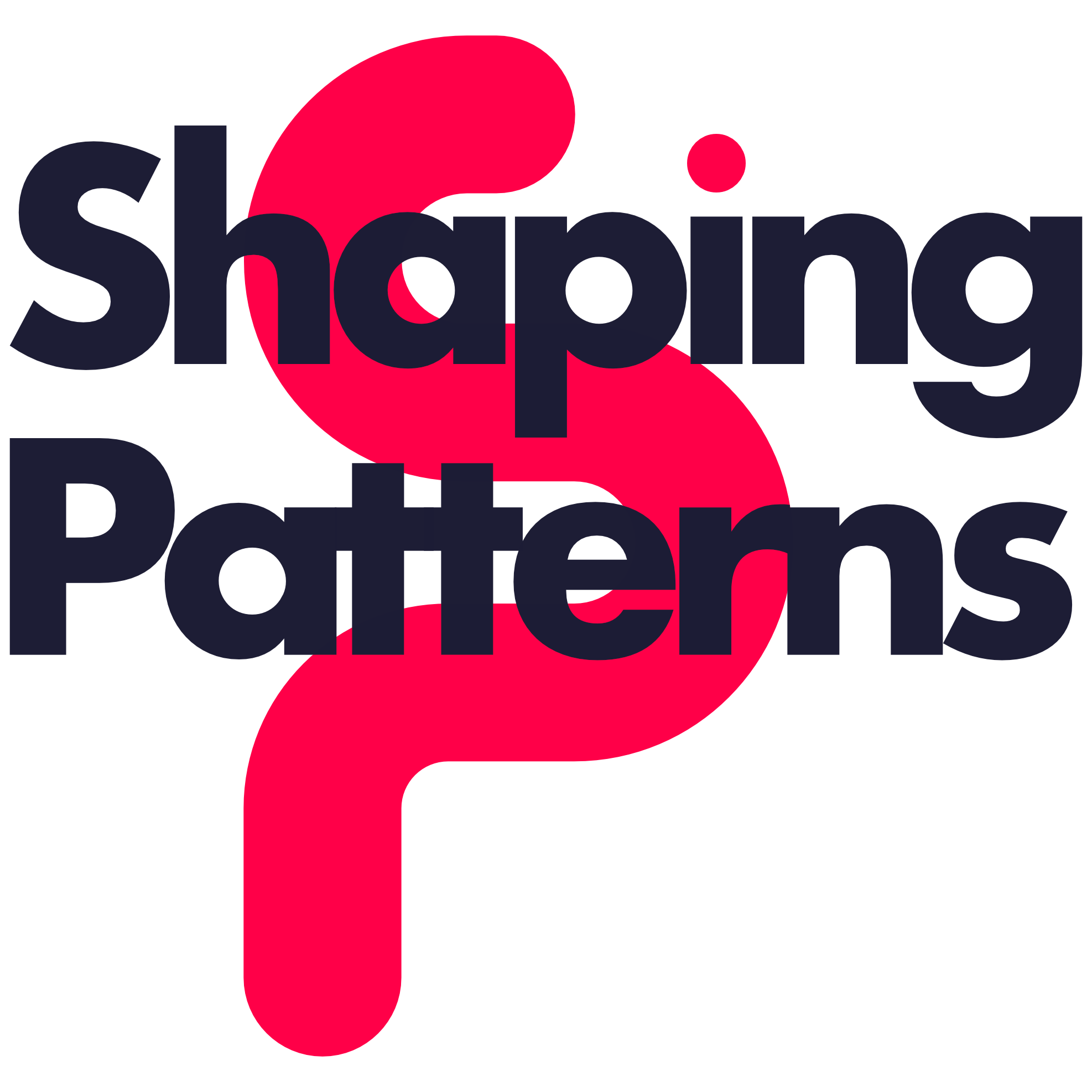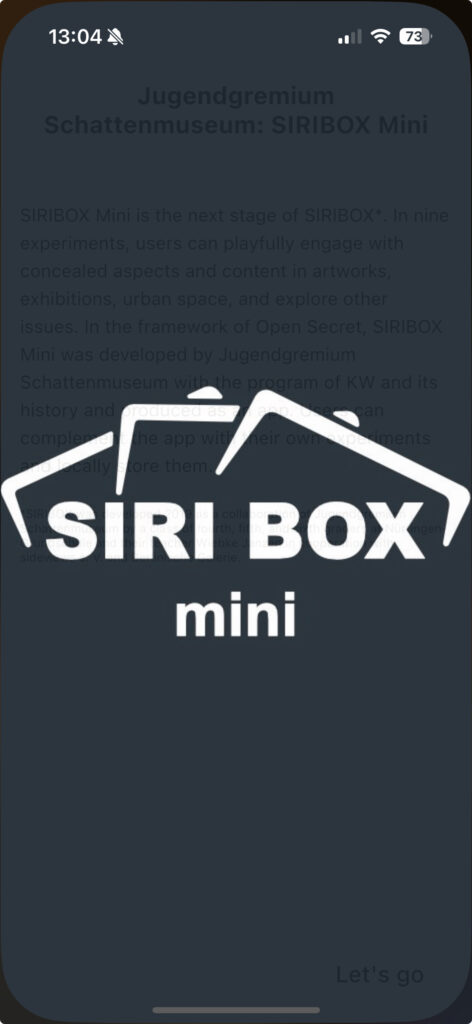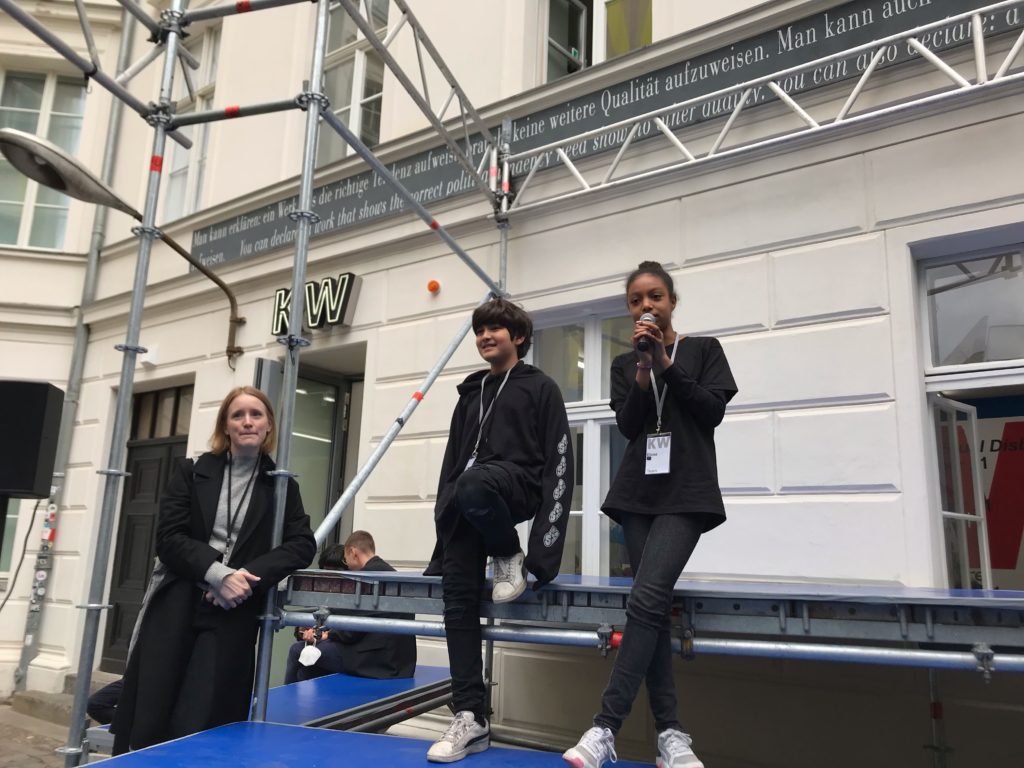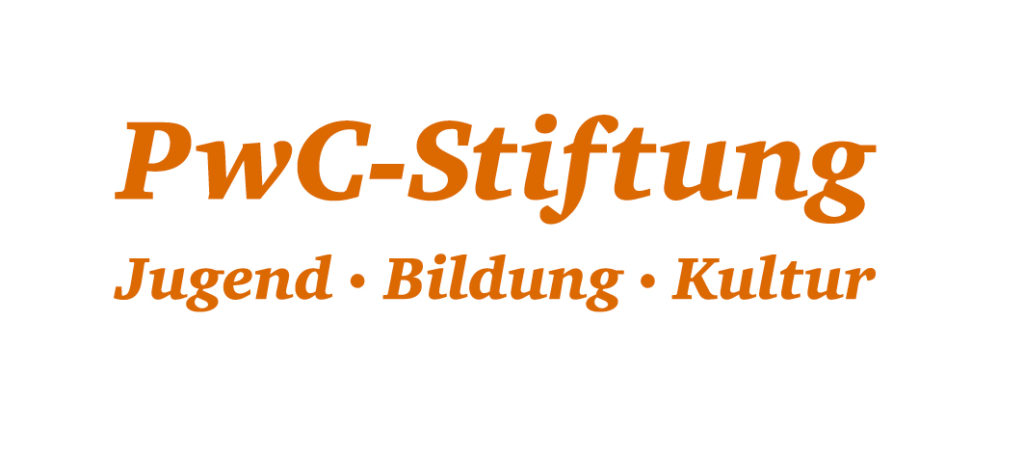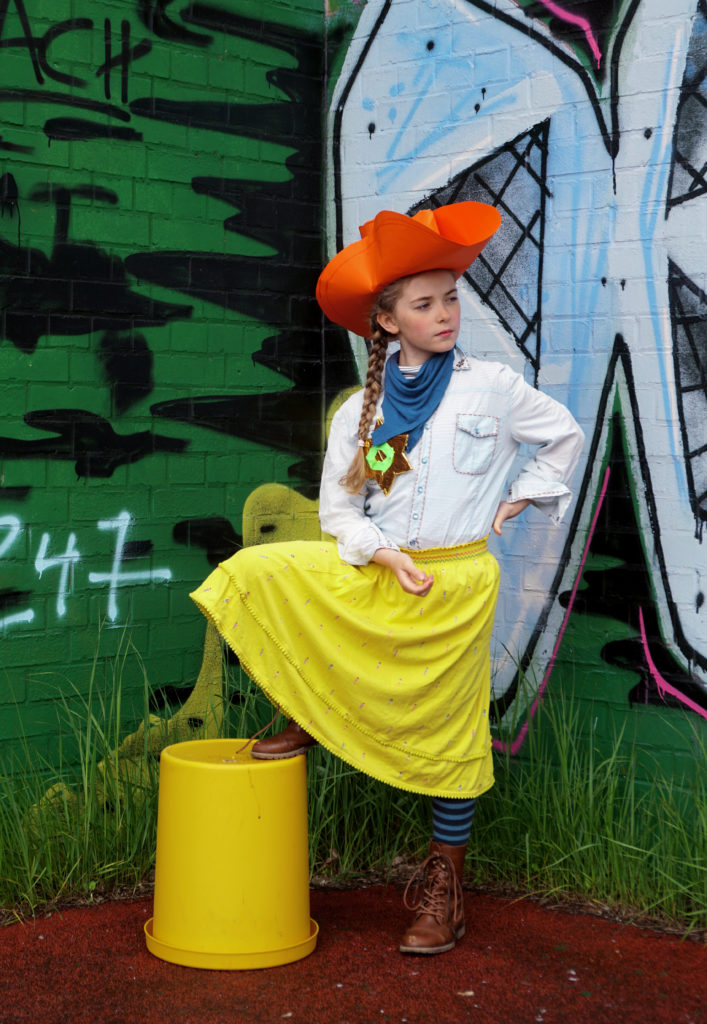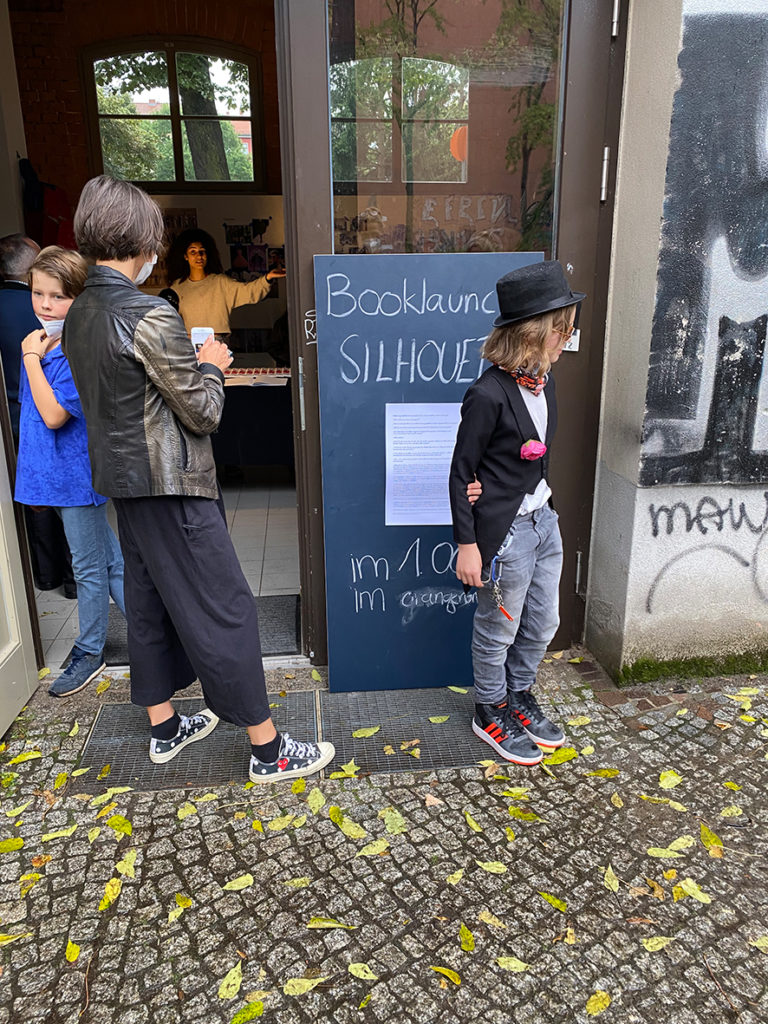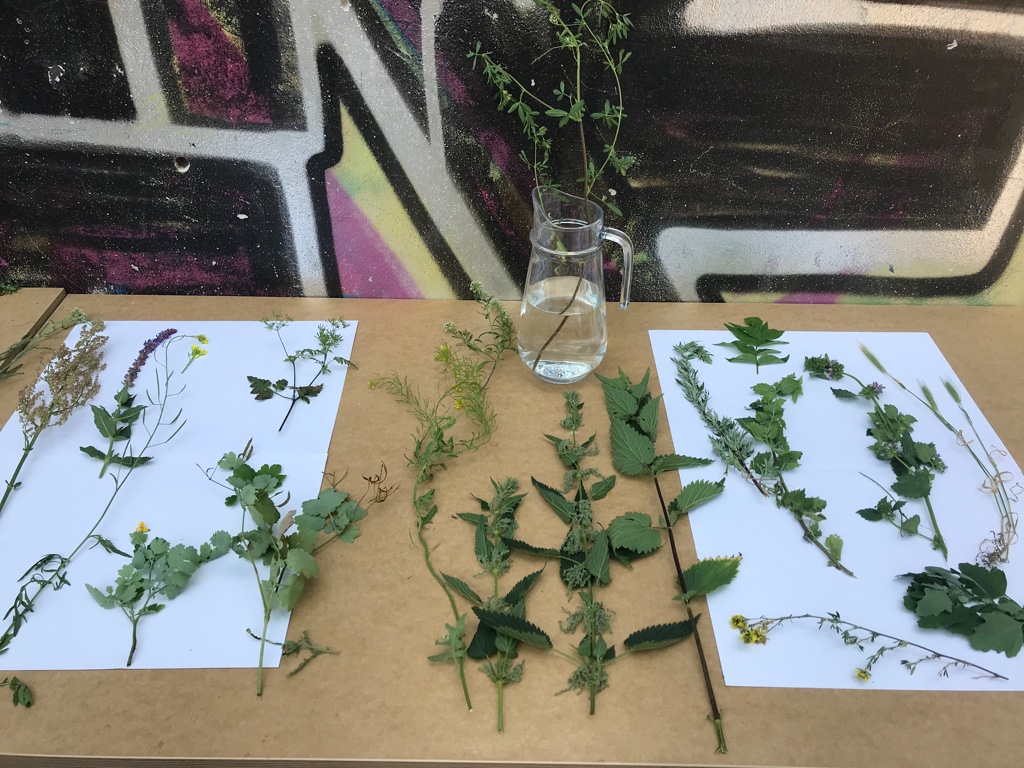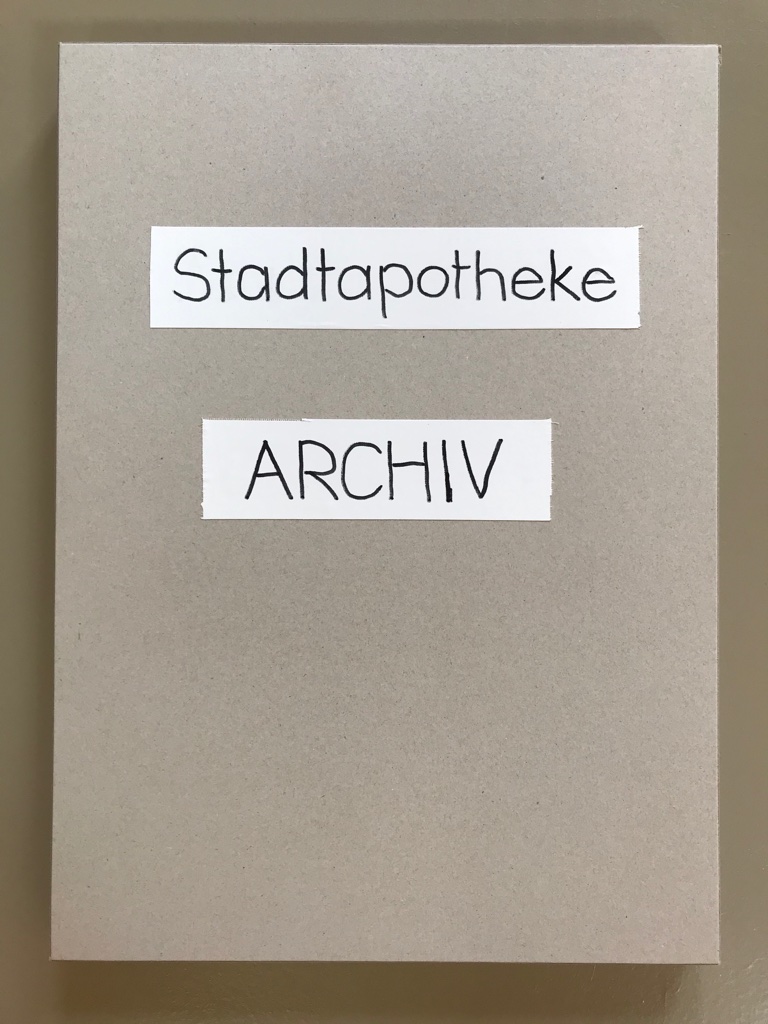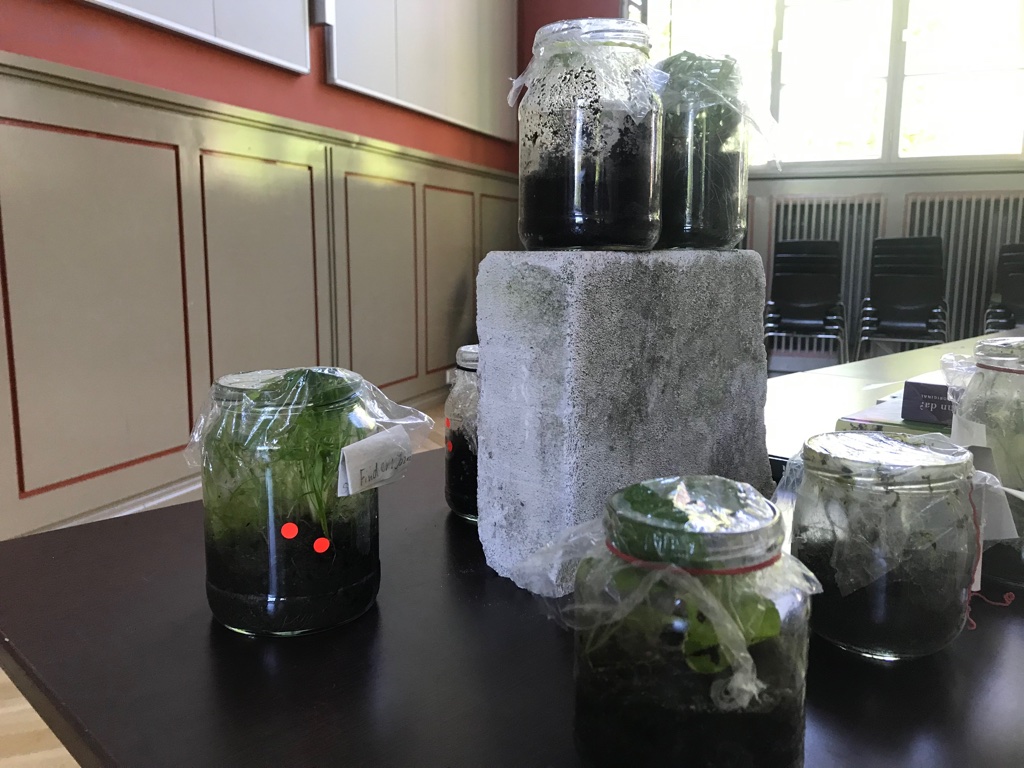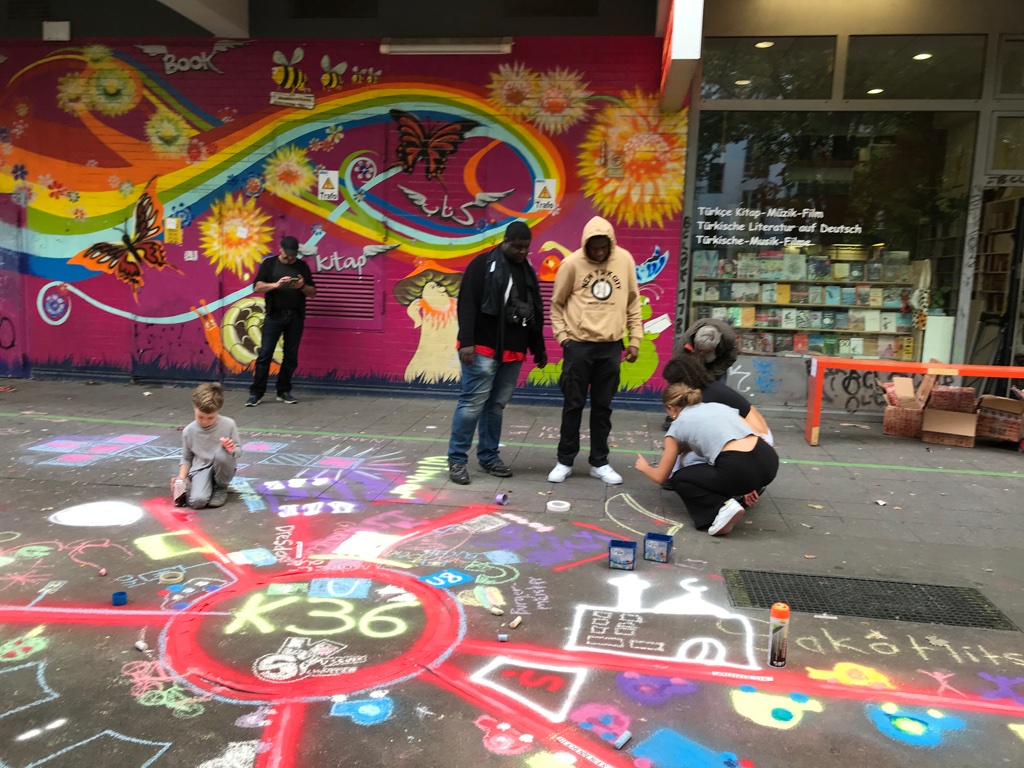Shaping Patterns was a transnational project that addressed the added value of art in education for sustainable development.
On the one hand, the cooperation between the fields of primary education and art was to be professionally accompanied, promoted and qualified in order to develop new approaches and key competencies in education for sustainable development – for human, social, economic and ecological sustainability. On the other hand, children were supported to question the world of tomorrow through their own artistic and experimental approaches and to relate them to their findings.
Shaping Patterns aimed to develop collective artistic interventions that engage a public audience while focusing on the theme of sustainable development.
The project partners are from Denmark, the Czech Republic, Germany, Greece and the Netherlands and all rooted in the arts. They place particular emphasis on involving and engaging children, families, kindergartens and schools, and have extensive experience working with the education sector, including early childhood and primary education.
From the perspective of sustainable development education, the Shaping Patterns project aimed to develop concrete methods and tools that can support elementary school teachers* and arts institutions in developing learning environments for questioning, imagining and creating new ideas for tomorrow’s world, because arts and culture can play a central role in the development of new patterns, ways of thinking and attitudes.
Within the framework of the EU funding ERASMUS+, Shaping Patterns was implemented from October 2022 to October 2024 with six partners from Viborg, Aalborg, Athens, Ostrava, Rotterdam and Berlin.
As a result of Shaping Patterns, an app has been created that contains challenges through which children and adults can artistically and playfully contribute to supporting the healing of our planet.
App Development: Alexis Pott
Design and Conception: Moritz Scheffer
Here you can find the Shaping Patterns Dokumentation
Shaping Patterns Partners:

